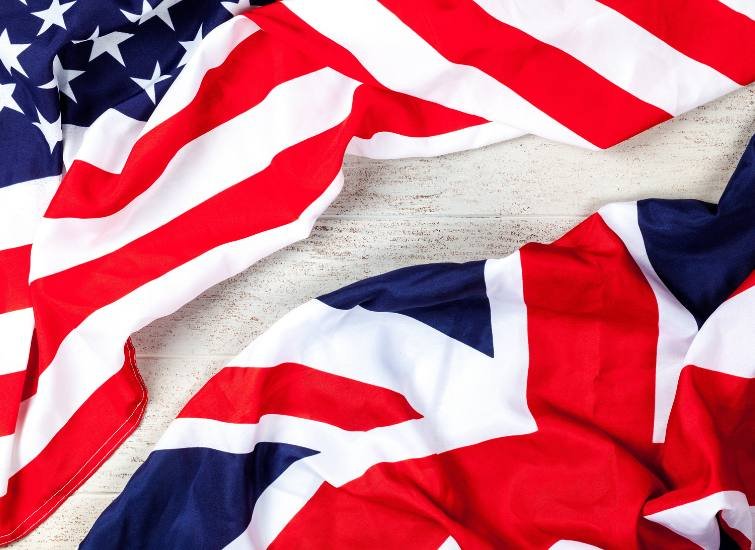Understanding the Linguistic Variations between British and American English
The English language, while universally recognized, varies significantly across regions, particularly between British and American English. This article aims to explore these differences, focusing on commonly used words that change in spelling, pronunciation, and meaning across the Atlantic.
Key Differences in Spelling and Usage
Spelling Variations
One of the most notable differences lies in spelling. British English often retains the spelling of words borrowed from other languages, particularly French, while American English modifies these to simpler, more phonetic forms. For example:
- Colour (British) vs. Color (American)
- Favour (British) vs. Favor (American)
- Labour (British) vs. Labor (American)
Vocabulary Differences
Several everyday words also differ in British and American English, often leading to confusion. A classic example is the word “biscuit,” which in the UK refers to a sweet baked good, while in the US, it is a soft bread product similar to a scone.
Pronunciation and Accentual Variations
The pronunciation of certain words also diverges between British and American English, not just in terms of accent but also in the emphasis placed on syllables. Words like “schedule” and “advertisement” are pronounced quite differently in each variant.
The Role of Historical and Cultural Influences
Understanding the reasons behind these differences requires a brief look at the history of the English language and its evolution in both the UK and the USA. British English has been influenced by languages like French and German, while American English has evolved with the country’s unique historical and cultural experiences.
Impact on International Communication and Business
These linguistic variations have practical implications in international communication, education, and business. Awareness and understanding of these differences are crucial for effective communication in our increasingly globalized world.
Conclusion and Further Considerations
In conclusion, while British and American English share the same roots, their evolution has led to fascinating variations. These differences, whether in spelling, vocabulary, pronunciation, or usage, add to the richness and diversity of the English language.
Further Exploration of Linguistic Differences
For those interested in further exploring these linguistic nuances, it’s advisable to delve into more specific categories like idiom
Variations of the Central Question
- What are the key differences in vocabulary between British and American English?
- How do British and American English differ in spelling and pronunciation?
- Exploring the linguistic divide: British vs. American English.


